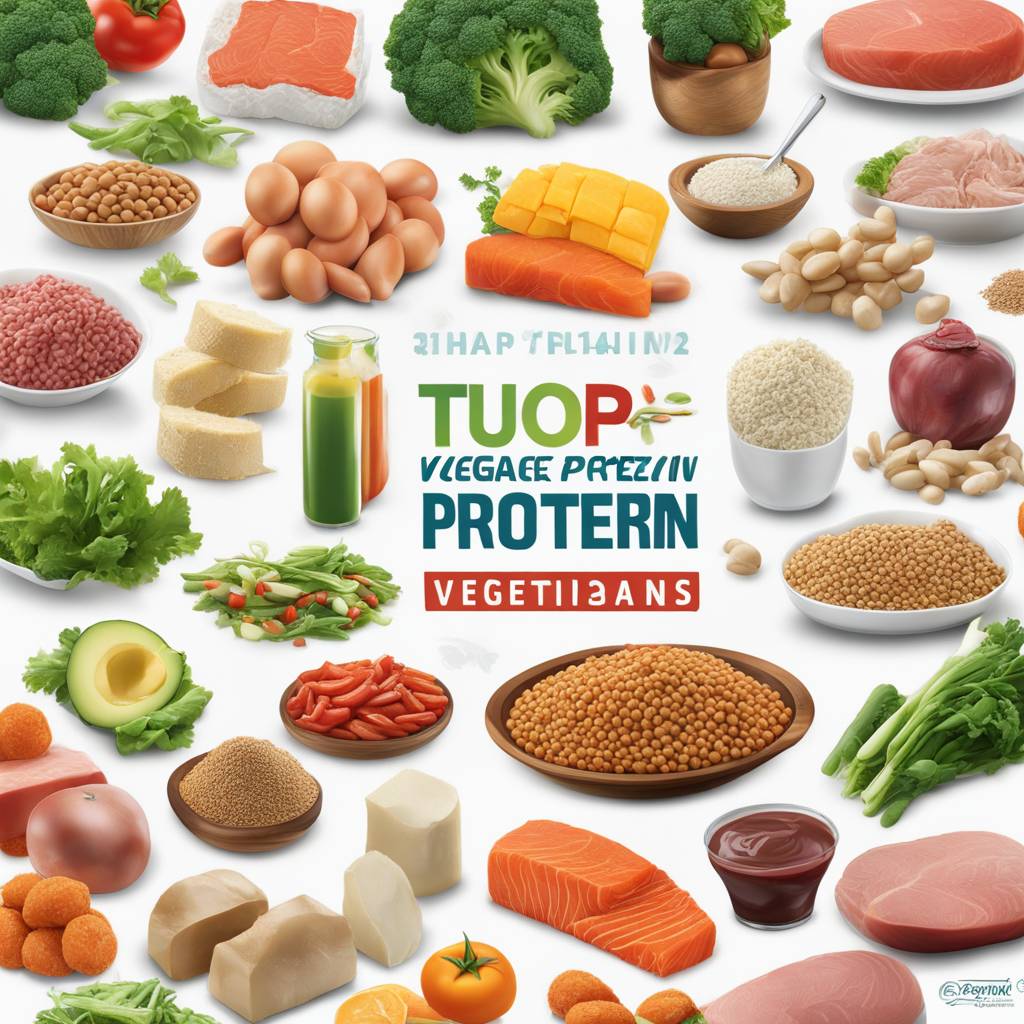Protein is an essential nutrient that everyone should aim to incorporate into their diet, regardless of whether they eat meat or not. The recommended daily amount for most people is around 1.0 grams per kilogram of body weight, according to recent studies. Consuming this amount can help with muscle preservation and increase strength during exercise. However, it is important not to go overboard with protein intake as excessive amounts can lead to unwanted fat accumulation in the body. Finding a balance that works for you is key to maintaining a healthy diet.
When it comes to vegetarian sources of protein, legumes are considered one of the best options. Legumes such as beans, chickpeas, lentils, and peas are rich in protein and offer various health benefits. Chickpeas, for example, contain about 20 grams of protein in a half cup serving, along with other essential nutrients. Lentils are packed with carbohydrates, protein, vitamins, minerals, and fiber, making them a versatile and nutritious food choice. Green peas are another protein-rich option, containing about 9 grams of protein per cup, as well as vitamins and minerals.
Nuts are another excellent source of protein for vegetarians. Almonds, pistachios, and cashews are all protein-rich nuts that also provide dietary fiber and heart-healthy fats. Almonds, for instance, contain 6 grams of protein per ounce, while walnuts contain 4.5 grams of protein per ounce. Adding nuts to your diet can help boost your protein intake while also providing essential nutrients for overall health.
In addition to legumes and nuts, vegetables can also contribute to your daily protein intake. Vegetables such as artichokes, asparagus, broccoli, spinach, and sweet potatoes are all healthy options that provide protein along with vitamins and minerals. While vegetables may not be as high in protein as some other foods, they still offer nutritional benefits that can support a balanced diet. Including a variety of vegetables in your meals can help increase your overall protein intake while also promoting overall health and well-being.
It is important for vegetarians to be mindful of their protein intake and make sure they are getting enough from plant-based sources. By incorporating a variety of protein-rich foods like legumes, nuts, and vegetables into their diets, vegetarians can ensure they are meeting their nutritional needs. Finding a balance between protein and other essential nutrients is key to maintaining a healthy vegetarian diet and supporting overall health and wellness. Consulting with a nutritionist or dietitian can also help individuals create a personalized meal plan that meets their specific dietary requirements and goals.













